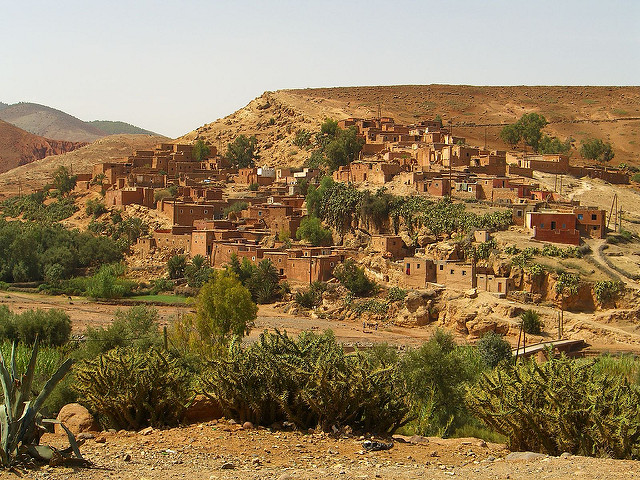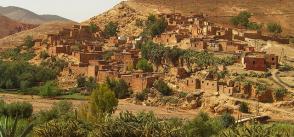
How Muslims could lead the way in climate change
For the next two weeks, Morocco is hosting thousands of international officials at the UN climate change summit, COP22.
The COP22, which is the twenty-second meeting of parties to the UN framework on climate change, is the first to take place since the Paris Agreement on Climate Change went into effect on November 4. Finalized last December, the agreement aims to limit global warming to less than 2 degrees Celsius more than pre-industrial global temperatures and requires signatories to use new, renewable energy technologies and fewer fossil fuels, as well as to regulate their greenhouse gas emissions. The agreement could not go into force until fifty-five signatories representing at least 55% of global greenhouse emissions ratified the deal domestically – a threshold that was met just a few days ago.
Serving as the first host of a UN climate change meeting since the ratification of the Paris agreement means Morocco has an invaluable opportunity to serve as a role model and leader in reducing emissions and renewable energy technologies. Other Muslim-majority countries could also follow suit.
Read the full article by Heather Hartlaub via Muftah.
[Photo by fredsharples | Flickr]







